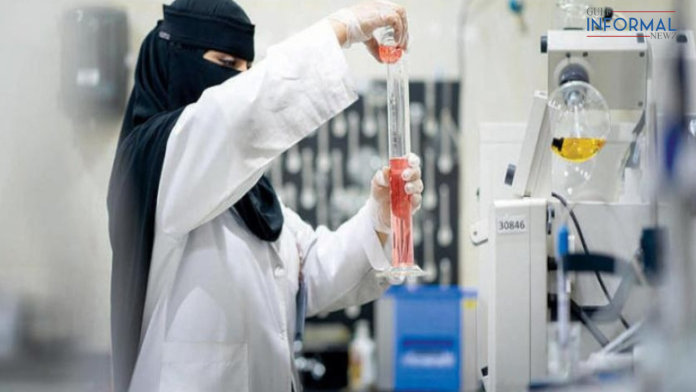The Kingdom continues its efforts to strengthen local industries and attract investors to establish local factories, with the aim of achieving self-sufficiency and strengthening the local industry.
communication Local Content Authority Government procurement and its efforts to localize the pharmaceutical industry sector in the Kingdom of Saudi Arabia.
Preliminary estimates indicate the possibility of manufacturing more than 14 million units of pharmaceutical preparations annually, through partnerships with local companies such as Tabuk Pharmaceutical Industries Company and the Saudi Pharmaceutical Industries and Medical Supplies Company (SPIMACO).
The Local Content and Government Procurement Authority announced a new strategy aimed at promoting the localization of industries and encouraging investment in establishing local factories in the Kingdom of Saudi Arabia.
The authority also seeks to transfer technology and knowledge through cooperation with local factories to establish new production lines, through transferring manufacturing knowledge from investors, which contributes to achieving the goals of localization and strengthening local industries. The objectives of a set of industry localization and knowledge transfer agreements were completed in cooperation with the private sector.
Also Read: Kuwait authorities thwarted attempt to smuggle 1 million drug pills
The localization of this sector is considered one of the factors contributing to the promotion of…Health securityAnd national, and achieving self-sufficiency for health needs in the Kingdom.
The CEO of the Authority, Abdul Rahman Al-Sammari, explained that these agreements come within the framework of the Authority’s efforts to enhance industrial cooperation and technology transfer, expressing their pride in the positive results achieved by these efforts over the past year. It is expected that the localization of the pharmaceutical sector will contribute to achieving self-sufficiency in the Kingdom and enhancing health security, by manufacturing more than 14 million units annually to meet the needs of government health agencies.
The inclusion of this sector’s products in the mandatory list will also contribute to strengthening government purchasing power in favor of local products, ensuring the provision of sustainable health care to citizens without interruptions in pharmaceutical distribution.




